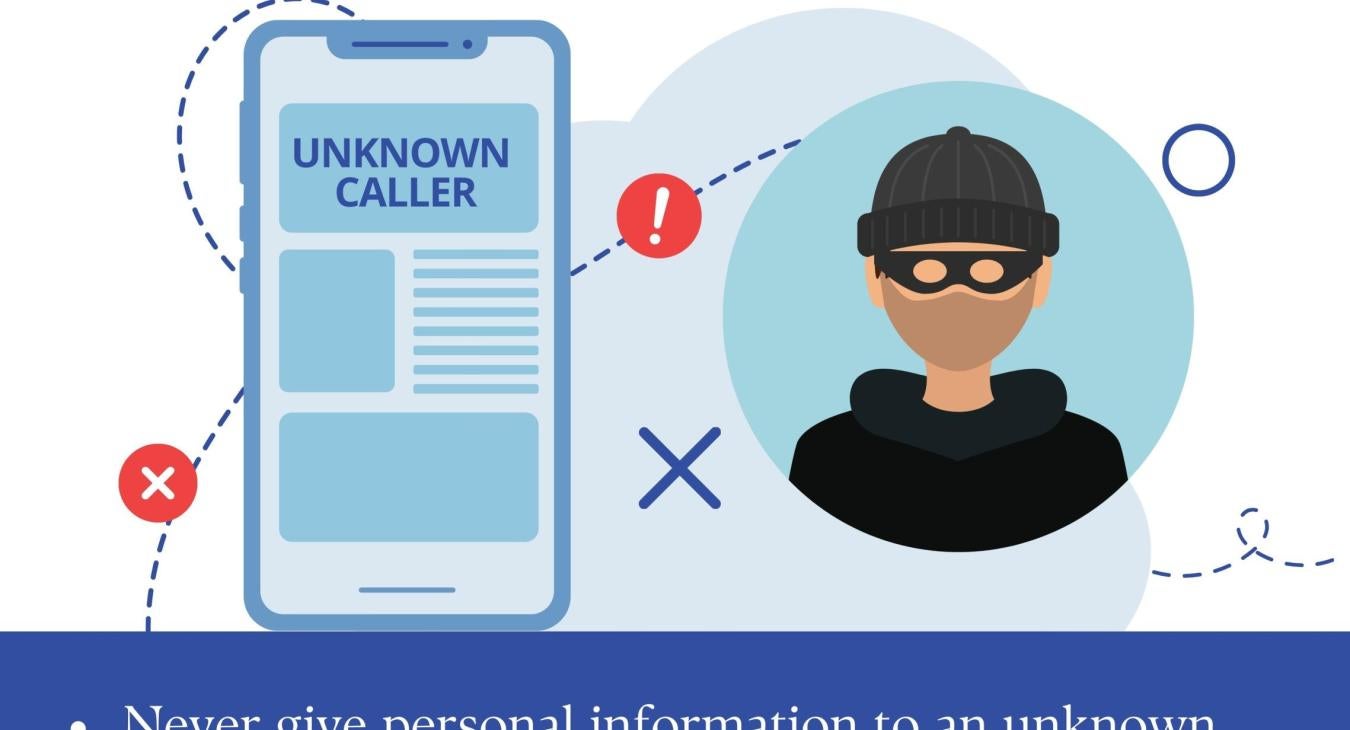Reading about avoiding utility scams makes it sound pretty simple. But the thing about scammers is they take you by surprise. They might be the most charming people you ever met. They might be the meanest and most intimidating, bullying you into acting. It can be hard to say “no” in the moment. One busy businessperson ended up handing over $1,000 just to get through another one of the day’s fast-paced distractions.
Let’s look at a few common scenarios of utility scams:
• You receive a random call. The caller says you didn’t pay your last electric bill and your power will be cut off immediately––unless you pay right now by credit card over the phone. Caller ID shows it came from the utility; they even told you the exact amount of your most recent bill.
• You receive an alert that you overpaid your utility bill and to get the refund, you need to provide your financial information.
• A friendly couple in uniform knocks on your door saying they’re from the power company and are following up on high-bill complaints from your neighbors. They just need to take a look at your utility bill so they can get the information code to make sure you aren’t being double-charged.
These real-life stories may seem like obvious scams. Who would ever fall for them? It turns out about one in four people.
While most people do the right thing and hang up the phone or contact their utility rather than handing over money or private information, more than $6 billion in losses to various scams were reported in 2021. According to Utilities United Against Scams, the typical cost for each victim who lost money was about $500.
Scammers are notorious for recognizing when people are most vulnerable—Christmas, right after a hurricane or tornado, or with the approach of really hot or cold weather. Fraud reports skyrocketed during the Covid-19 pandemic—FTC figures show complaints rising from almost 3.5 million in 2019 to more than 5.5 million in 2021.

